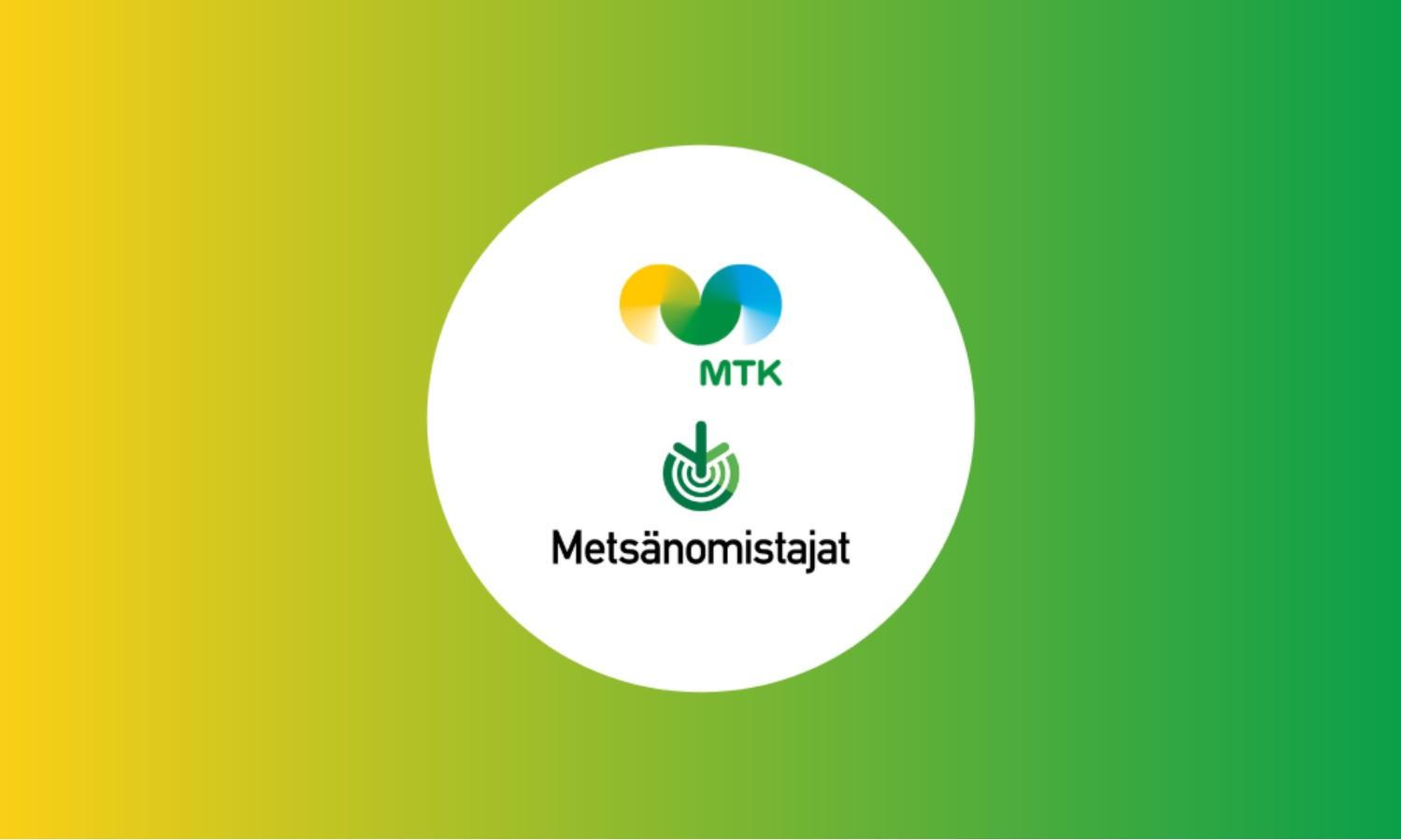Feedback on the EU Taxonomy Delegated Acts
Lausunto
Feedback on the EU Taxonomy Delegated Acts
04.05.2023
European Commission/ Directorate-General for Financial Stability, Financial Services and Capital Markets Union (DG FISMA)

Delegated Act: Taxonomy Environmental Delegated Act
Annex I to Climate Delegated Act (CCM)
GENERAL COMMENT
According to MTK, the goal of construction should also be to transition to a bio-circular economy. Resource-efficient reuse of materials is important, but construction inevitably requires new raw materials. There is a reason to distinguish between renewable and non-renewable raw materials. The raw material reuse goals must be ambitious, but realistic. With non-renewable raw materials, it is worth setting higher reuse goals. The recycling targets set for bio-based (wood) raw materials are not realistic, the reuse of wood building materials in construction is limited from the point of view of availability and usability of the materials.
Too high a reuse obligation for bio-based materials would probably lead builders to primarily use non-renewable materials, and the ambitious climate and environmental goals would not be achieved.
MTK emphasizes that the prohibition described in Annex II to build on forestry land would lead to exceptional inequality between countries. In Finland, which has managed to preserve its forests and is a forestry country throughout, construction is practically not possible without cutting down trees. It is enough that the regulations specify that no construction is done on the most valuable sites in terms of diversity, but a large part of Finland's forests are commercial forests without special nature values.
Banning construction in accordance with the conditions of sustainable financing on productive fields, forests or areas of high nature value completely prevents sustainable rural construction in Finland.
COMMENT ON THE ACTIVITY SUBSTANTIAL CONTRIBUTION CRITERIA
The requirement for the maximum percentage of biobased products of 80% in new buildings and 90% in renovation construction is too high in terms of renewable raw material. Especially in renovation construction, when it is required to preserve 50% of the wood frame that is typical in Finland, 90% is not relevant.
COMMENT ON THE ACTIVITY DO NO SIGNIFICANT HARM CRITERIA
DNSH Protection and restoration of biodiversity and ecosystems: The new construction is not build on of the following - a) arable land is always at least moderate if it in use c) Forest land. That covers on average in Finland already nearly 80% of land area. This is totally unrealistic!
Annex II Climate Delegated Act (CCA)
GENERAL COMMENT
According to MTK, in the nature-based solutions for flood and drought risk prevention and protection, the form of given nutrients is not essential, but the amount and how it has been spread. The division between fertiliser use and manure use is unfounded in this section.
Annex III Climate Delegated Act (CCA)
GENERAL COMMENT
According to MTK, the most important thing in wastewater phosphorus recovery is the recycling of phosphorus for fertilizer use in plant available form without harmful side effects from, for example, pharmaceuticals or microplastics.
COMMENT ON THE ACTIVITY SUBSTANTIAL CONTRIBUTION CRITERIA
In accordance with the goal of a circular economy, the plant availability of phosphorus is an essential issue in terms of further use. The limit of availability is determined by BAT criteria (e.g. > 90%).
Annex IV to Environmental Delegated Act (BIO)
GENERAL COMMENT
According to MTK's understanding, the proposed definitions used in the context of “Conservation, including restoration, of habitats, ecosystems and species” are very close to the ones included in the Commission’s proposal for a regulation on nature restoration. Since the legislative process regarding the nature restoration regulation is currently ongoing and also the definitions are debated, there is no certainty on the outcome. MTK reflects that the definitions set in the EU taxonomy delegated act should be the same as in the final nature restoration regulation after its approval.
In connection with considering societal issues (3.1.(f)) MTK's opinion is that it should be determined which activities can be carried out together with conservation, restoration and other kinds of improvements of the environment. MTK highlights the need to enhance multifunctional use of areas, when possible, since this can help to achieve multiple goals of sustainable development simultaneously. In addition, MTK points out that it must be secured that when conservation or restoration is carried out, the owner of the area has given his approval for the activity. Thus, a voluntary approval from the landowner must be a prerequisite for any actions.
One challenge in the technical screening criteria regarding conservation and restoration is the requirement for audit and third-party verification as well as regular updates of a management plan with rather tight time intervals. In activities like conservation and restoration, the changes in natural conditions are slow and, at least under the conditions in Finland, the 10-year audit period is short, and based on that, it is not necessarily reasonable to refine e.g. a restoration plan on that stage. In addition, audits and verifications this intense would probably results in a significant additional cost without significant benefits for the environment.
It must also be clarified what actions (made by authorities) can be expected in connection with the restoration and how they can be connected to the audit and verification processes.
COMMENT ON THE ACTIVITY SUBSTANTIAL CONTRIBUTION CRITERIA:
3.1. (f) while considering social issues, it should be determined which activities can be carried out together with the restoration goal.

Juha Ruippo
johtaja, kauppapolitiikka ja kansainväliset suhteet
kehitysyhteistyö, EU-asiat, pohjoismainen viljelijäyhteistyö (NBC), WFO, FAO, AgriCord, Food Systems Summit
+358 20 413 2341
+358 40 55 33 232
aiheet: eu, feedback, taxonomy, eu commission, dg fisma
